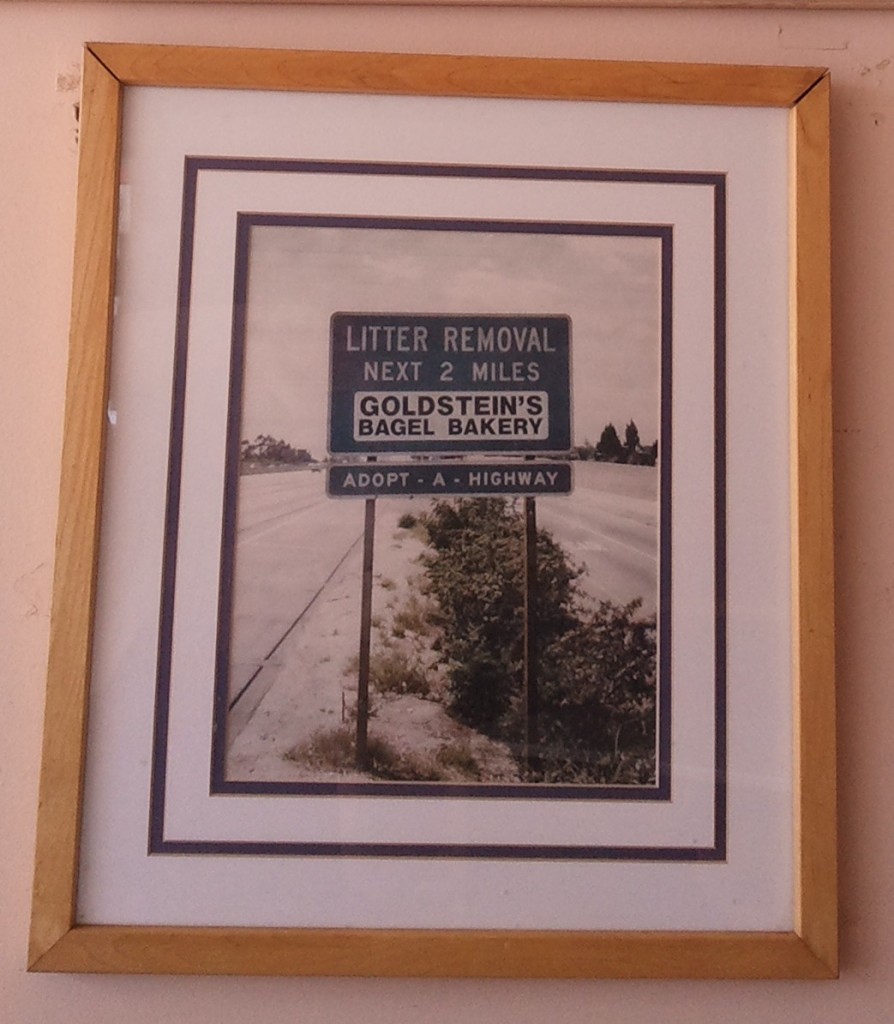This week I listened to a Freakonomics podcast featuring Economics PhD-student twins, Alison and Steve Sexton. They had studied the phenomenon of conspicuous conservation, which I’ve defined elsewhere as “the (often lavish) spending on ‘green’ products designed mainly to advertise one’s environmentally-moral righteousness.” The Sexton’s studied how much people are willing to pay for the conspiciousness of their conservation.
They found that, in places where being environmentally-friendly is looked upon positively, people will spend more (or gain less) to ensure that their conservation efforts are obvious. For example, people will sometimes have their solar panels mounted on the shady side of their house. Why? It’s the side that faces the street. Why have solar panels if no one in the neighborhood can see that you do? Likewise, the Prius is so popular in part because it is obviously a hybrid; no other car looks like it, so it can’t be mistaken for a “regular” (person’s) car.
I thought of this willingness to pay to display one’s environmental thoughtfulness while visiting Goldstein’s Bagels in La Cañada, CA this week. They had this photograph proudly displayed:
I just love how not only are they paying to keep the highway clean, they’re being rewarded with a big advertisement for their store alongside the freeway, AND they get to take a picture of that sign and put it up for all to see. It’s win-win-win; a win for the environment and a double win for Goldstein’s.
The Sexton’s argue that all of this conspicuous conservation is probably good. Competing to be environmentally-friendly translates into more conservation, no matter what the motivation. (Especially as compared to conspicuous consumption; remember the Hummer?) Accordingly, they suggest that public policy should focus on incentivizing the types of conservation efforts that aren’t visible, like insulation and weather-proofed windows, and leave the showy stuff to the market.
For another example of conspicuous conservation, see our post on faux-oil slicked shoes purchased to benefit the Gulf; on conspicuous consumption, check out the Louis Vitton mommy diva birthday cake; and see this post on conspicuous intellectual consumption.
Lisa Wade, PhD is an Associate Professor at Tulane University. She is the author of American Hookup, a book about college sexual culture; a textbook about gender; and a forthcoming introductory text: Terrible Magnificent Sociology. You can follow her on Twitter and Instagram.

Comments 17
Yrro Simyarin — October 5, 2011
I like seeing environmentalism coming to the front of popular culture like this. Unfortunately, so much of conspicuous conservation only gets the "conspicuous" part right.
SR — October 5, 2011
1. Sextons'
2. Sextons
Barney — October 5, 2011
This may be a relevant place to link to the rant I wrote a few years ago about why I didn't want to "do my bit", where my bit would often be some form of conspicuous conservation: http://bdsl.drupalgardens.com/content/no-im-not-going-do-my-bit
Oliver Crosby — October 5, 2011
The far-right use conspicuous conservation as a reason to ignore environmentalism entirely.
What don't they use though...
Miriamh — October 5, 2011
But... it *is* conspicuous consumption. The sh*t you're buying just calls itself "green".
Elizabeth — October 5, 2011
This is completely irrelevant sociologically, but man do I love Goldstein's Bagel Bakery. My mom and I used to get bagels there at least once a week while I was growing up. I think they make the best bagel in LA.
Anonymous — October 5, 2011
The adopt-a-highway signs have been featured like that for as long as I can remember, to be fair, so it may not be a reward in that way. Though posting the picture of the sign in the restaurant is overkill. TBH, I don't know if it's a good thing or not. A lot of the "look, going green" stuff is either barely worth it, or has unintended (by the consumer) negative consequences. As in, sure, your t-shirt was made of recycled material and you have a reusable grocery bag, but both of those things were made in sweatshops with child labor, and so forth. But maybe it can be a definitively positive thing if the message of "research what you buy and do" gets through to some people
Quercki — October 5, 2011
Monday I went to a presentation by the Climate and Energy Project about how they are getting people in Kansas to save energy. Competition between towns with existing rivalries seems to really move things along.
Energy conservation in Kansas is more important that energy conservation in California because of the sources of our energy. Kansas has been using mostly coal.
Larry Charles Wilson — October 6, 2011
My problem with this particular example is that it represents a volunteer effort and I oppose all volunteerism. When some one works, they should be paid for that work. Volunteerism is exploitation.
Guest — October 16, 2011
There are potential negative effects (not just economical) of this conspicuous conservation; read up on moral licensing and Mazar's study "Do Green products make us better people."